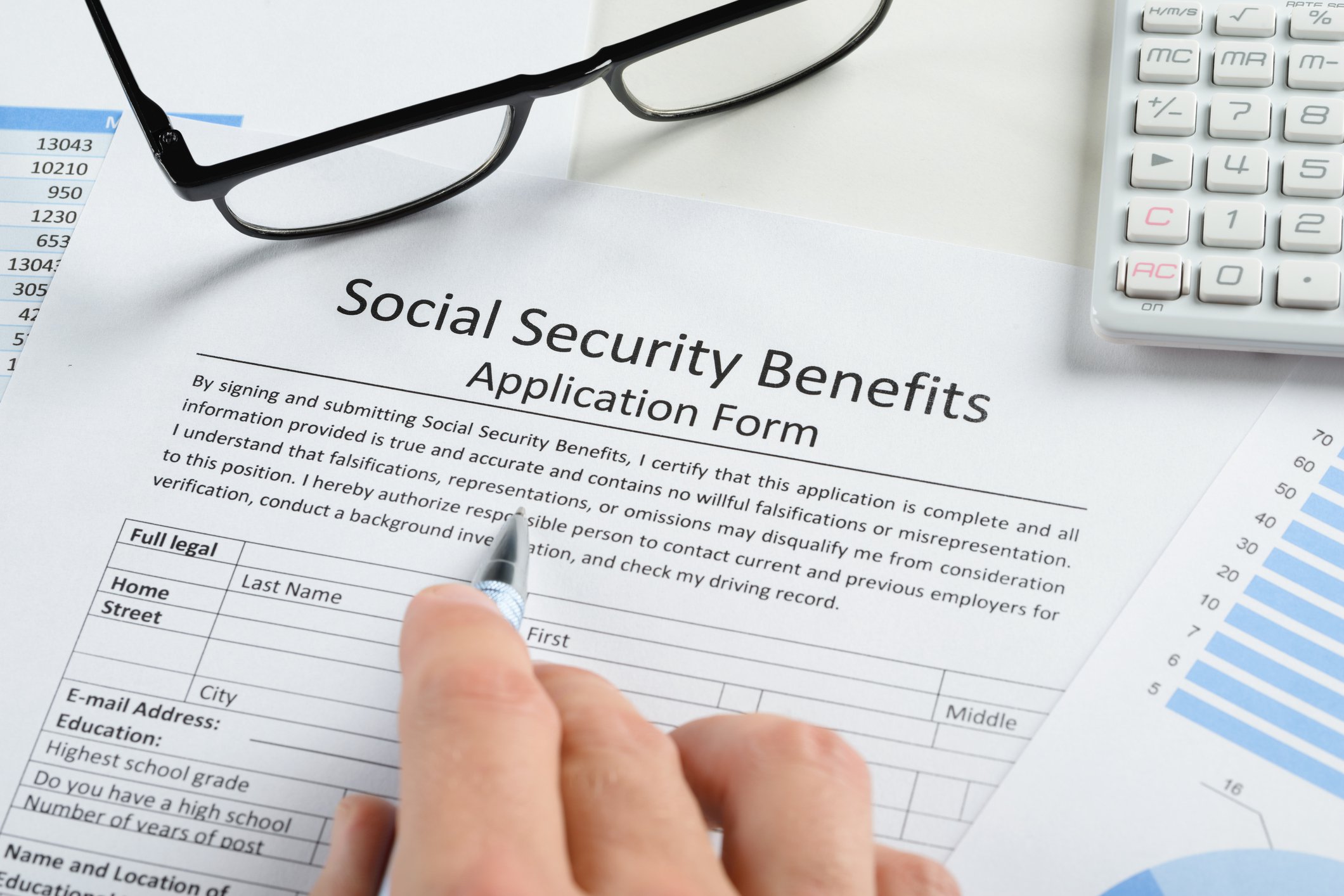
Social Security is a primary source of income for millions of retirees across America. While you can't comfortably live on Social Security alone -- the average monthly benefit is just $1,503 in 2020 -- your checks will still be an important source of funds in your later years.
That's why it makes sense to try to maximize the size of those checks. Fortunately, there are lots of steps you can take throughout your life to try to get more money from the Social Security Administration.
In fact, here are 16 suggestions to boost your benefits. Not all of these will work for everyone, but you should be able to find at least a few things you can do.
5 Winning Stocks Under $49
We hear it over and over from investors, “I wish I had bought Amazon or Netflix when they were first recommended by the Motley Fool. I’d be sitting on a gold mine!” And it’s true. And while Amazon and Netflix have had a good run, we think these 5 other stocks are screaming buys. And you can buy them now for less than $49 a share! Simply click here to learn how to get your copy of “5 Growth Stocks Under $49” for FREE for a limited time only.
Invest better with The Motley Fool. Get stock recommendations, portfolio guidance, and more from The Motley Fool's premium services.